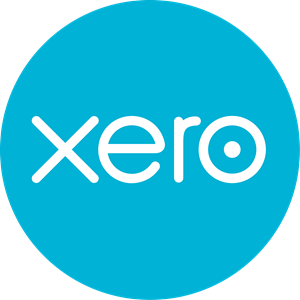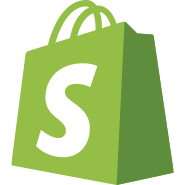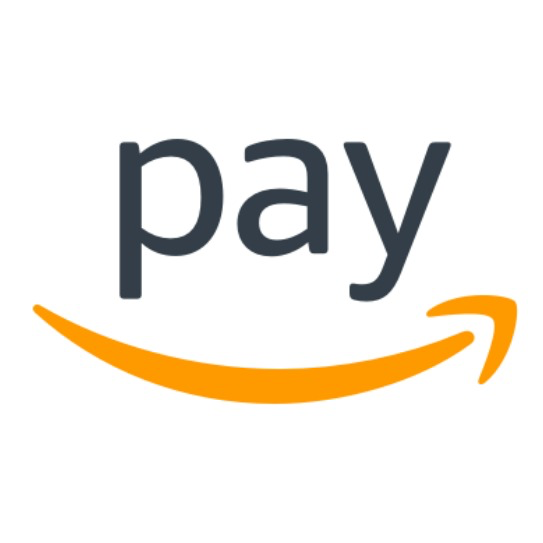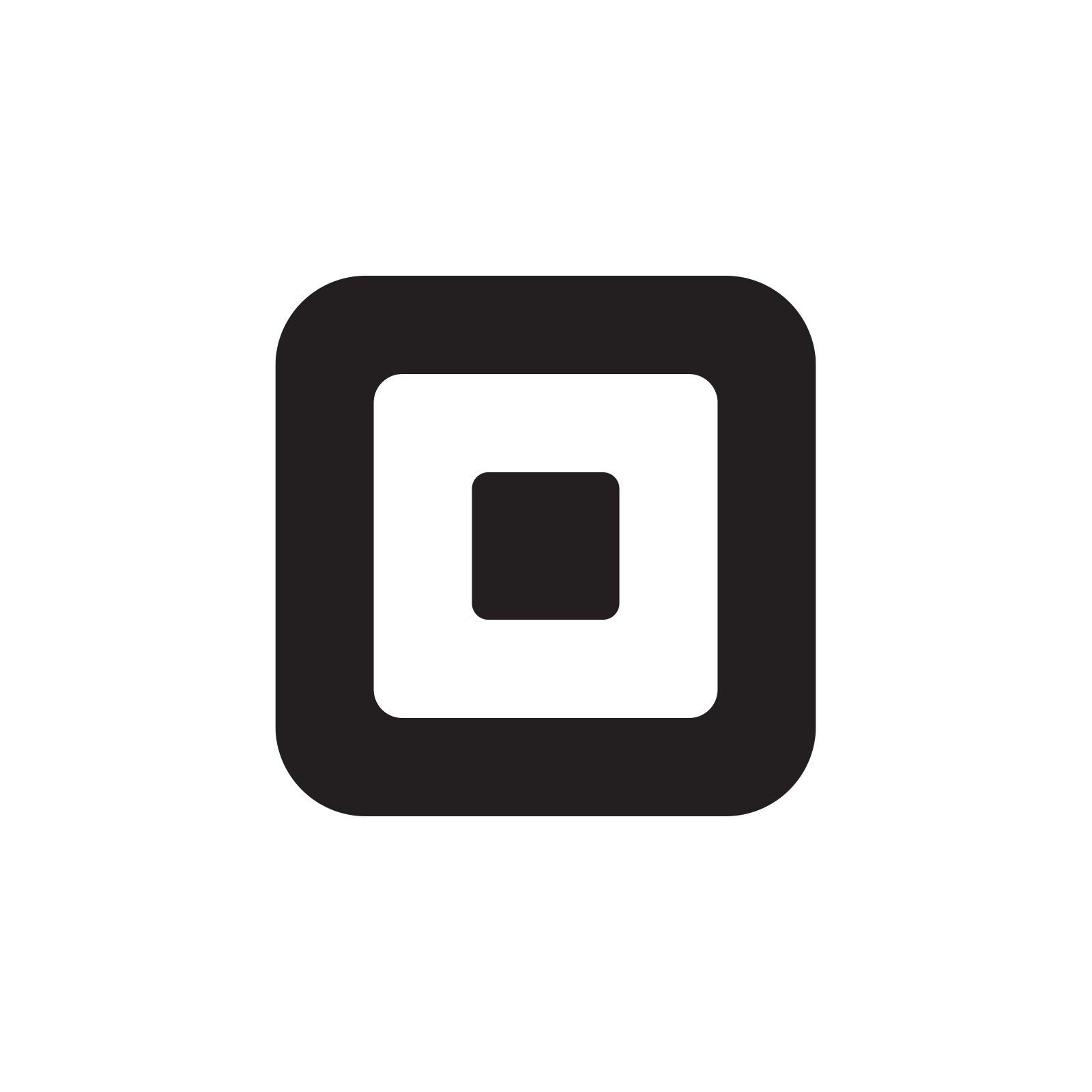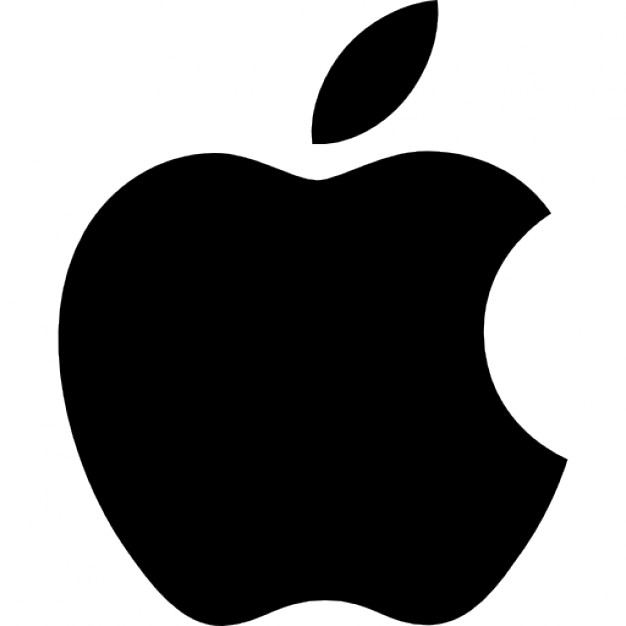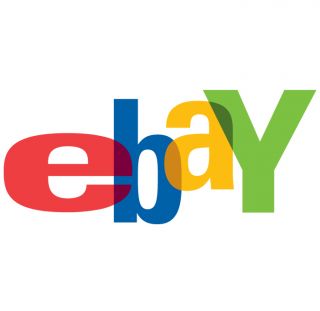How Judith Treanor Started A Business Sourcing Products From Southeast Asia
Hello! Who are you and what business did you start?
Hi, I am Judith Treanor, founder of online curated store Temples and Markets. Every Product has a story and every product has been ethically sourced from artisans and Social Enterprises in S.E Asia.
In my store I tell the stories behind the artisan made products and the people who make them, giving a human element to the often cold world of E-commerce.
Temples and Markets showcases accessories, bags, jewelry and home decor unique to the region of S.E Asia. The gorgeous products I source are handmade, crafted from sustainable materials and more often than not from interesting or upcycled materials.
My customers are in demographic 30-55, high income, lovers of travel. They tend to be conscious consumers who care about doing good in the world.
Since launch, I have grown a loyal customer base and a quarter of my customers are repeat.








